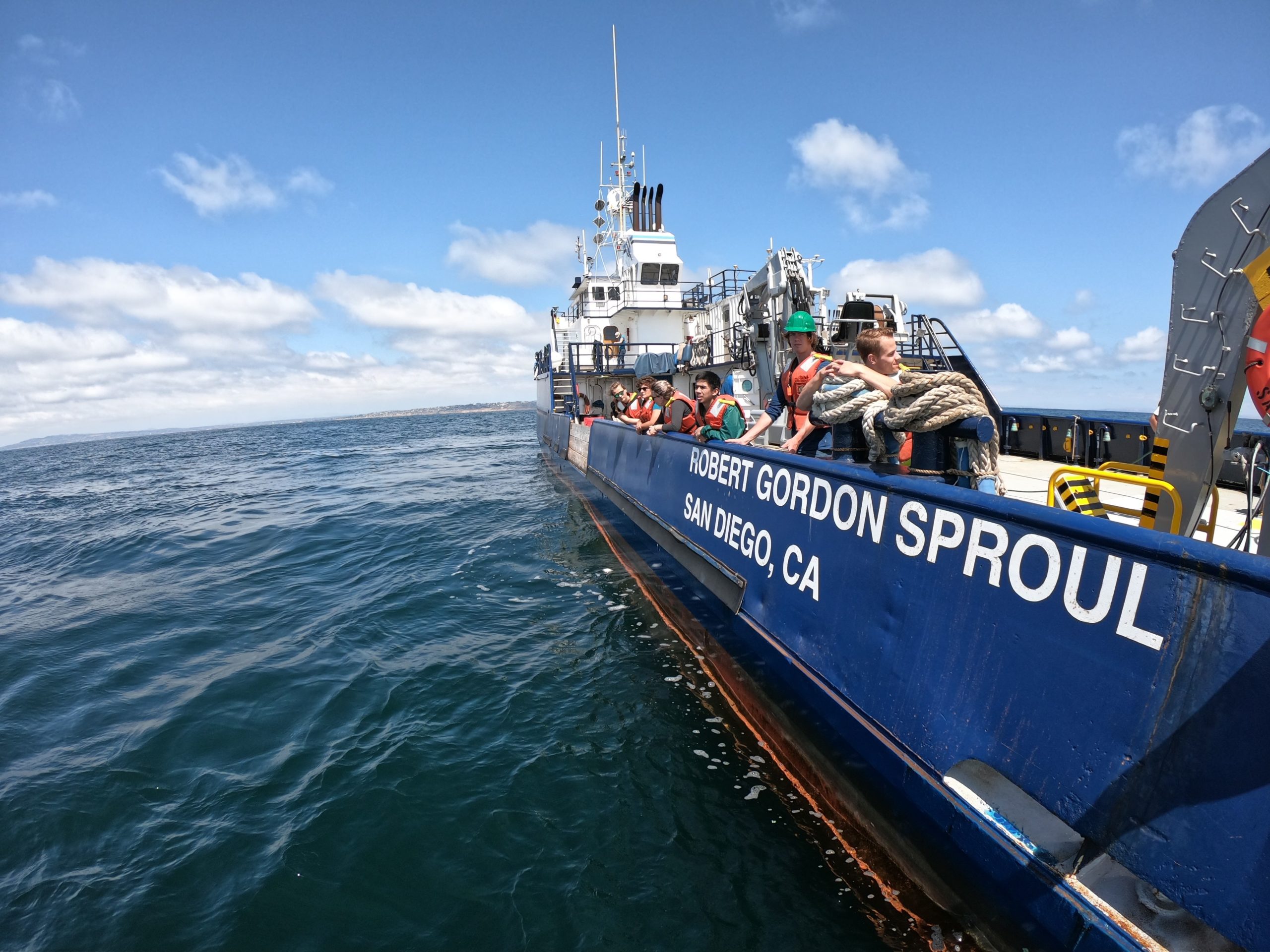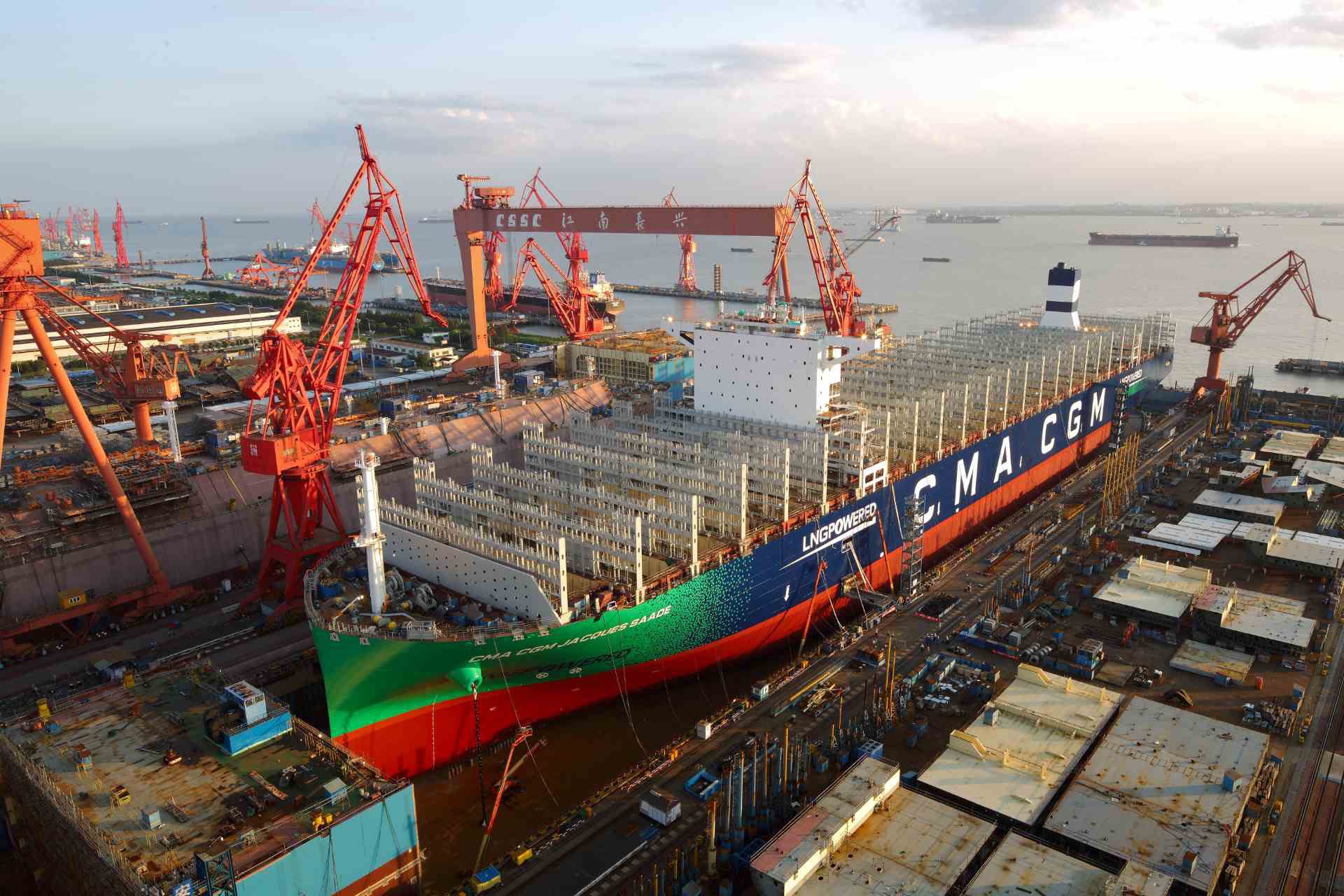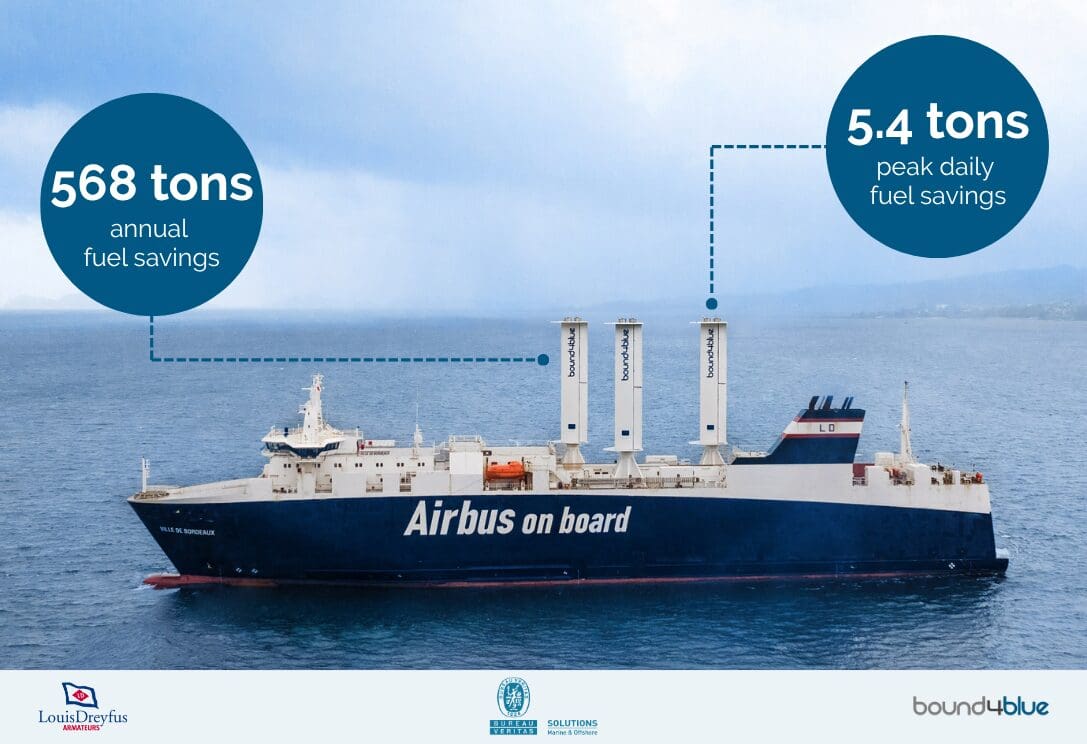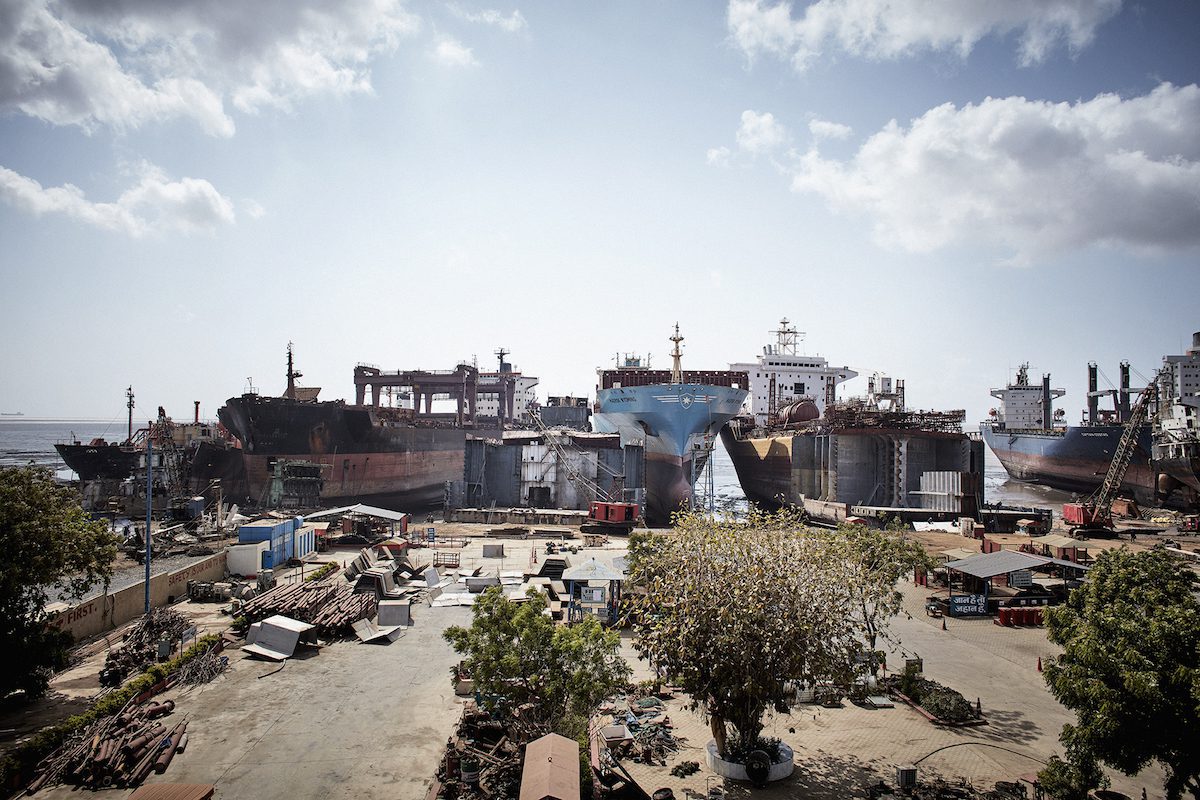California has given Scripps Institute of Oceanography $35 million to design and build a new coastal research vessel with a hydrogen-hybrid propulsion system to replace the aging R/V Robert Gordon Sproul.
The new vessel, which will be operated by Scripps at UC San Diego, will serve as a platform for research dedicated to understanding the California coast and how climate change impacts the local ecosystem.
The Pacific Ocean provides food, jobs, health, and recreation. It is also vital for the state’s $44 billion annual coastal economy. Especially important are issues such as the health of fisheries, harmful algal blooms, severe El Niño storms, atmospheric rivers, sea-level rise, ocean acidification, and changes to the Jet Stream. This vessel will be used for research missions in the California area, enabling scientists to observe and measure various biological, geological, and physical processes.
Also Read: Heat, Floods, Fires, & New Shipping Lanes: Blame The Jet Stream
“Scripps has guided countless scientific projects aboard the R/V Robert Gordon Sproul” said California Senator Tempore Toni G. Atkins. “After a four-decade run, it is high time Scripps built a new research vessel that can keep up with the high-caliber work they continue to churn out, and help our state navigate the troubled waters of sea-level rise and our evolving climate.”
The proposed 125-foot vessel will take three years to design, build, and commission, and replace the Research Vessel Robert Gordon Sproul, which has served 40 years of service. This new vessel will continue the university’s educational mission to train the next generation of scientists.
“With 840 miles of coastline, it is important for California to manage its access to the vast resources of the Pacific Ocean,” said UC San Diego Chancellor Pradeep K. Khosla.
The new vessel will feature an innovative hybrid propulsion system that integrates hydrogen fuel cells alongside a conventional diesel-electric power plant, enabling zero-emission operations. The design is scaled so the ship will operate 75 percent of its missions entirely using a non-fossil fuel—hydrogen—with only pure water and electricity as reaction products. For longer missions, extra power will be provided by clean-running diesel generators. The vessel represents a major step in advancing California’s pledge to reduce global climate risk while transitioning to a carbon-neutral economy.
“Our vision is to build an oceanographic research vessel that can be powered independently from fossil fuels, and be free from the criteria pollutants and greenhouse gas emissions,” said Bruce Appelgate, associate director and head of ship operations at Scripps Oceanography.
The vessel will be equipped with instruments and sensing systems, including acoustic Doppler current profilers, seafloor mapping systems, midwater fishery imaging systems, biological and geological sampling systems, and support for airborne drone operations. These capabilities, along with state-of-the-art laboratories, will enable broad multidisciplinary research.
Scripps Oceanography will also petition that the new coastal vessel serve as a shared-use facility within the U.S. Academic Research Fleet under the auspices of the University-National Oceanographic Laboratory System (UNOLS). When completed, it will join the fleet of vessels managed by Scripps including the Navy-owned research vessels Sally Ride and Roger Revelle, which conduct global oceanographic research, and the R/V Bob and Betty Beyster, a nearshore scientific workboat. All research vessels are stationed and maintained at the university’s Nimitz Marine Facility in San Diego.

 Join The Club
Join The Club











